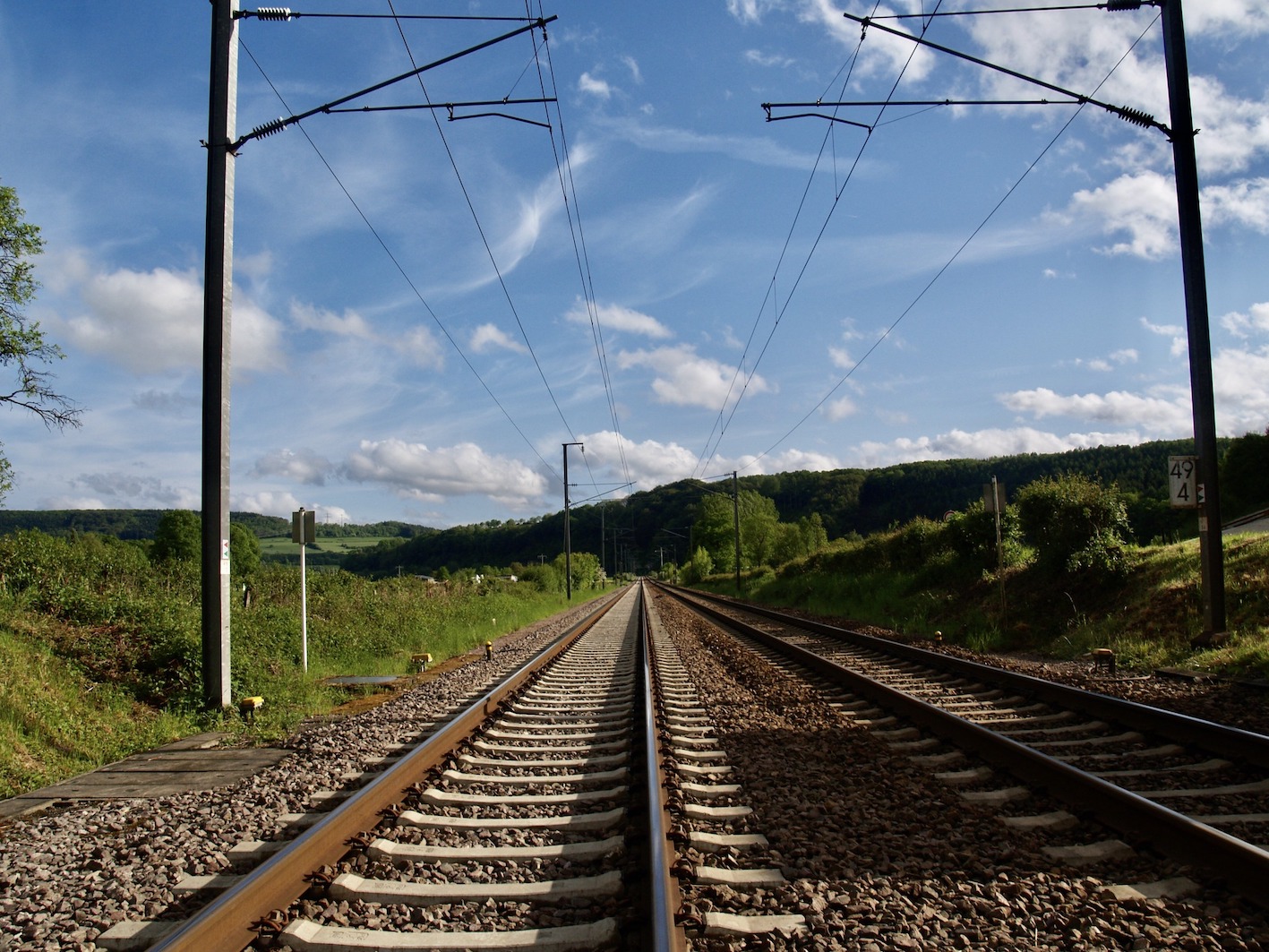« Il nous revient qu’après plus de dix ans de fermeture du passage à niveau PN7, les travaux relatifs à sa suppression devraient démarrer prochainement.
Dans ce cadre, il serait désormais prévu d’installer un bollard afin d’éviter une augmentation de la circulation routière dans le quartier résidentiel de Merl, en particulier aux heures de pointe.
De ce fait, le nombre d’usagers potentiels serait limité considérablement, à moins que le projet en question ne s’inscrive dans un concept plus large de promotion de la mobilité douce, créant des liaisons séparées du trafic motorisé vers les localités et pistes cyclables en proximité.
Au vu de ce qui précède, nous aimerions poser les questions suivantes à Monsieur le Ministre de la Mobilité et des Travaux publics :
- Quel est le coût prévisionnel global de la suppression du PN7 ? Quel est le montant déjà engagé ?
- De quelle manière la promotion de la mobilité douce est-elle prise en compte dans le cadre de ce projet ?
- Est-il notamment prévu de créer une liaison sécurisée pour cyclistes et piétons entre la rue des Celtes et le quartier « Schléiwenhaff » ?
- Dans la négative, et au vu du nombre d’usagers potentiels alors restreint, Monsieur le Ministre est-il d’avis que les dépenses liées au projet en question seraient justifiées ? »






